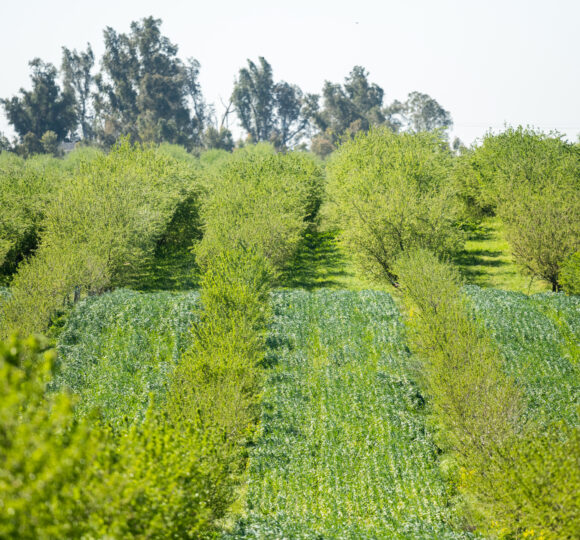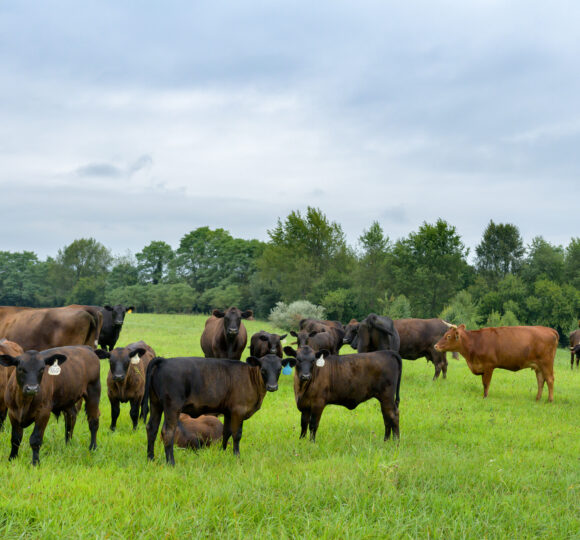In late 1993, American Farmland Trust initiated the Agricultural Conservation Alternatives project in preparation for the 1995 Farm Bill. Eighteen agricultural leaders reviewed 25 existing and proposed programs for the farm bill that addressed environmental issues facing agriculture. The ACA working group identified nine ideas worthy of further analysis:
Green Ticket Certification Program: GTC would set environmental and resource conservation performance standards for farms to meet in order to qualify for certain benefits. It could prove to be an effective but somewhat expensive approach.
Conservation Credit Initiative: CCI offers property tax credits to farmers who voluntarily agree to implement conservation plans. The program has been successfully tested in several counties in Wisconsin and is considered a “potential bargain.”
Environmental Stewardship Incentive Program: ESIP offers three levels of payments to farmers based on the complexity and completeness of implemented conservation plans. Proposed by the Illinois Corn Growers and Illinois Farm Bureau, ESIP is in the concept stage.
Water Quality Incentives Program: WQIP was authorized in the 1990 Farm Bill and offers per-acre incentives and technical assistance to farmers to develop and implement multi-year water quality protection plans. It has not lived up to its potential.
Integrated Farm Management Program: IFM was also authorized in the 1990 Farm Bill to encourage feed grain farmers to plant resource conserving crops. Participation has been dismal.
Sustainable Agriculture Research and Education: SARE, authorized in the 1985 Farm Bill, introduced a unique funding and research structure to directly involve farmers in research on sustainable farming systems. SARE has not yet reached its full potential.
Environmental Reserve – Rural Land Trust: ER-RLT is a new concept that would combine the many separate conservation and land retirement programs into a unified program to allow both short-term and long-term environmental goals to be addressed.
Revenue Insurance/Assurance: Two similar guaranteed revenue programs could potentially replace current farm programs. Both programs could significantly reduce the costs of current programs but may be politically unfeasible.
Inter-farm Transfer of Acreage Conservation Reserve Acres: Analogous to trading pollution credits in the industrial sector, this idea would encourage the inter-farm transfer of acreage conservation reserve acres to advance conservation objectives.
The findings of the white papers and the ACA working group recommendations set the framework for a new generation of agricultural resource conservation and farm support programs. The findings of the white papers and the ACA working group recommendations set the framework for a new generation of agricultural resource conservation and farm support programs.





